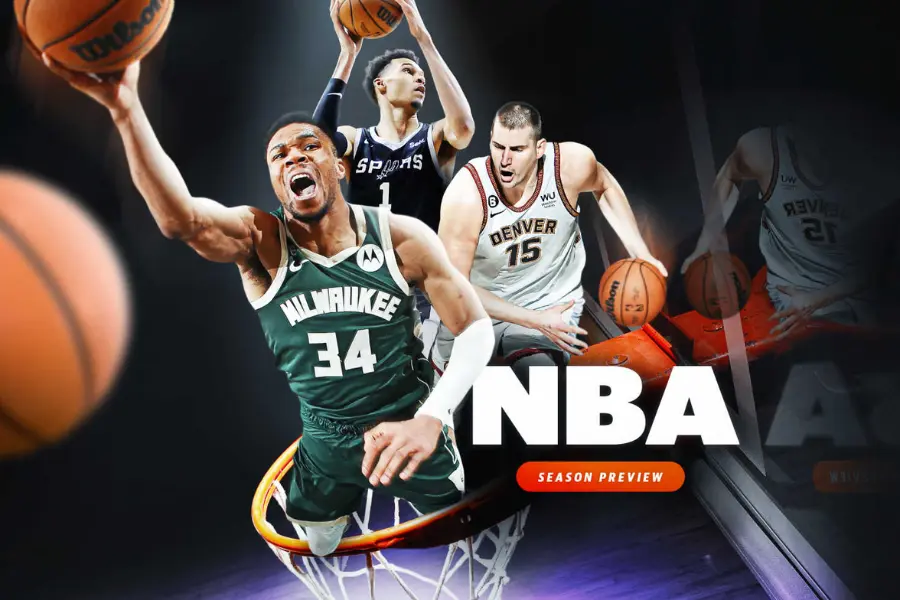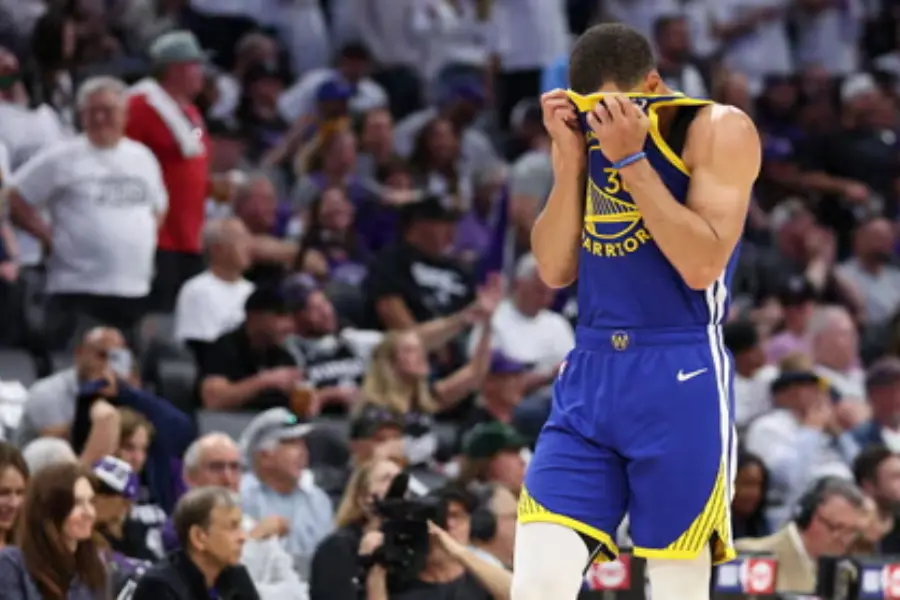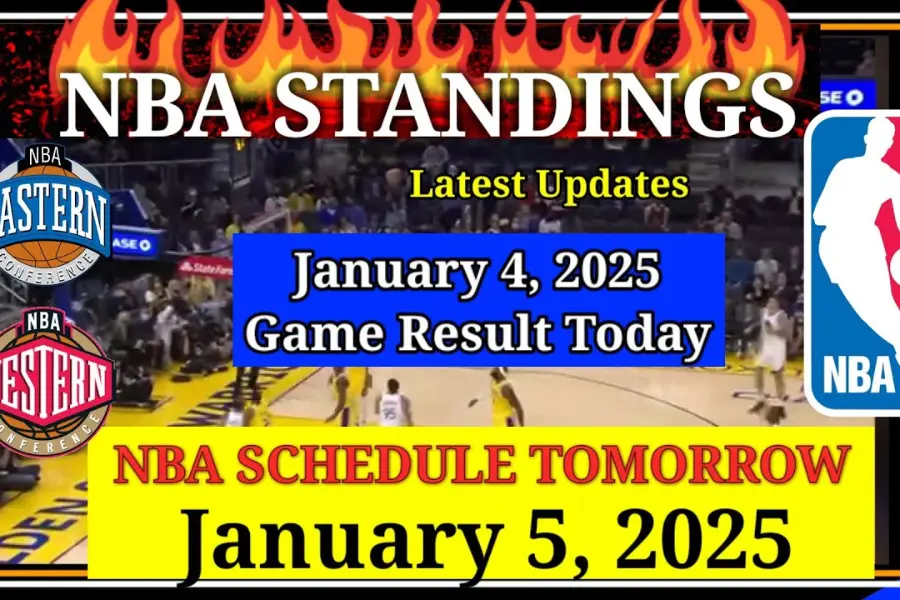The NBA season officially ends in mid-June, with the NBA Finals typically concluding between June 10 and June 20. If you’re wondering, When is NBA Basketball Season Over?, the regular season wraps up in mid-April, followed by the playoffs from mid-April to early June. The playoffs determine the league champion and run from May to June. Key events like All-Star Weekend, the Play-In Tournament, and unexpected disruptions can affect the schedule. Fans can stay updated through NBA.com, ESPN, and mobile alerts. The offseason continues with the NBA Draft in late June and free agency in early July, keeping basketball action alive year-round.

What Happens After the NBA Season Ends?
Even after the NBA Finals wrap up in mid-June, the basketball action continues:
- NBA Draft (Late June): Teams select new talent from college and international leagues.
- Free Agency (Early July): Players sign new contracts, reshaping team rosters.
- Summer League (July): Rookies and young players showcase their skills.
- Preseason & Training Camp (September – October): Teams prepare for the next season.

Factors Influencing the NBA Season Timeline
The National Basketball Association (NBA) season’s conclusion date is subject to various influential elements. The league’s traditional 82-game regular-season structure forms the cornerstone of the schedule.
All-Star Weekend: This mid-February event, featuring the NBA All-Star Game, introduces a brief hiatus in the regular season.
Play-In Tournament: A recent postseason addition that extends the playoffs by several days, impacting the overall season duration.
Unexpected Circumstances: External events, such as the COVID-19 pandemic, may necessitate schedule adjustments or season suspensions.
International Competitions: Global tournaments like the Olympics or FIBA World Cup can affect NBA player availability and season planning.
League Expansion: The addition of new franchises could potentially reshape the league’s schedule and timeline.
Labor Disputes: Collective bargaining disagreements between the NBA Players Association (NBPA) and team owners have historically led to lockouts, potentially shortening or delaying seasons.
Playoff Duration: The length of postseason series, particularly in the NBA Finals, can influence the season’s conclusion date.
Television Broadcast Agreements: Network scheduling preferences may impact game timing and season structure.
Travel Logistics: Optimizing team travel schedules across time zones can affect game spacing and season length.
Arena Availability: Conflicts with other events at NBA venues may necessitate schedule adjustments.
To stay informed about the NBA season’s exact end date, monitor official league announcements, team communications, and reputable sports media outlets. Be prepared for potential schedule changes that may arise due to these variables. Understanding these factors is crucial for fans, broadcasters, and businesses planning activities around the NBA season’s conclusion.
How to Stay Updated on the NBA Schedule?
Staying current with the NBA schedule demands access to authoritative sources and efficient tracking methods. The league’s official website, NBA.com, serves as the most reliable resource, offering a comprehensive calendar, real-time updates, and team-specific itineraries. ESPN’s NBA section complements this with game schedules, results, and in-depth analysis, providing a holistic view of the season’s progression.
To optimize your tracking experience, leverage mobile applications such as the official NBA app or ESPN’s platform. These digital tools offer customizable alerts for game tip-offs, final scores, and breaking news, ensuring you remain informed about your favorite teams and players. Social media platforms also serve as valuable channels for instant updates, allowing you to follow the NBA and specific franchises for timely information.
For a tailored approach, create a personalized digital calendar incorporating key game dates, playoffs schedules, and significant events like the All-Star Weekend or Draft Night. Synchronize this across your devices to maintain consistent awareness of the league’s happenings. Remain vigilant for schedule alterations, particularly during unforeseen circumstances or postseason play.
Consider supplementing your tracking with basketball-specific podcasts or newsletters that offer expert insights and predictions. These resources can provide context to the schedule, highlighting marquee matchups, potential playoff implications, and emerging storylines throughout the season.
Utilize semantic search techniques when navigating NBA-related websites to find specific information efficiently. Familiarize yourself with basketball terminology and team nicknames to enhance your search accuracy and comprehension of schedules and related content.

Conclusion
This guide helps you stay updated on the NBA season’s conclusion and prepare for the next one. You can follow official sources and reputable sports media to track key offseason events. The NBA Draft introduces new talent that could reshape teams. Free agency shifts player rosters and influences team strategies. The Summer League showcases rookies and allows teams to evaluate player development. To stay informed, you should set calendar reminders, subscribe to NBA updates, and use analytics platforms to analyze player performance and league trends.
